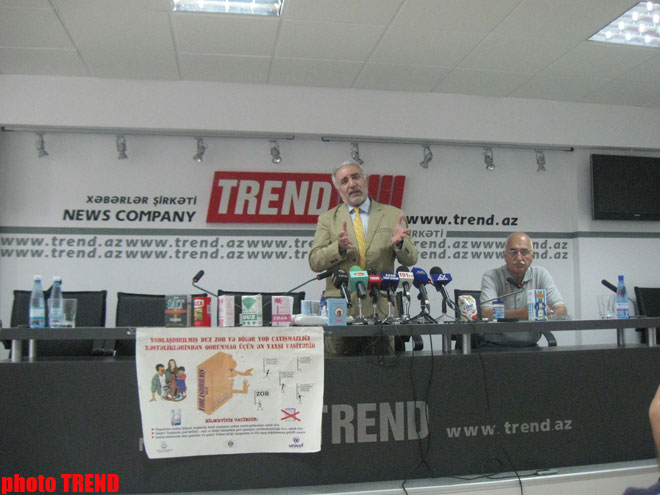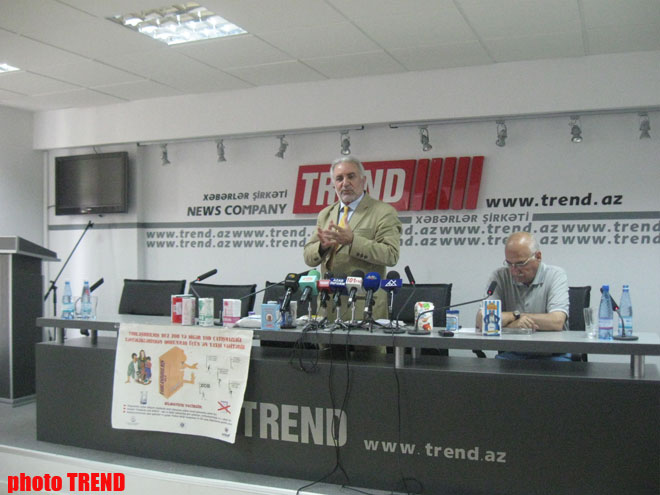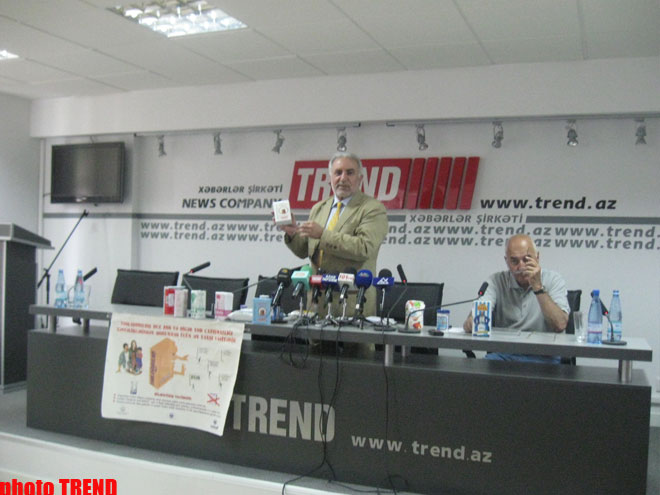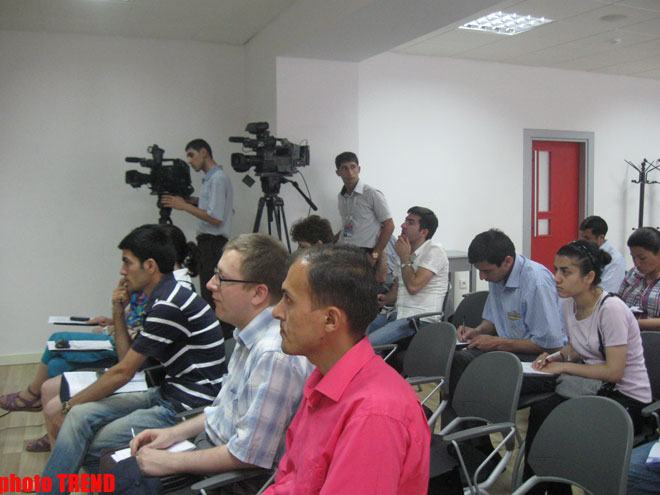Azerbaijan, Baku, June 10 / Trend U. Ismayilova /
Over 50 percent of non-iodized salt is sold in Azerbaijan, head of the NGO "Union of Free Consumers" Eyyub Huseynov said at a press conference today.
"As a result of the joint project of the alliance with UNICEF (UN Children's Fund) with support from the Azerbaijani Ministry of Health, we have achieved that in 10 years the level of iodine in salt has increased from 20 percent to 85 percent," Huseynov said.
He said that the results of recent market studies of salt showed that the rate fell again to less than 50 percent. It creates serious problems in the health of the population. The level of infant mortality and other problems increases.
Huseynov said that the majority of imported salt in Azerbaijan is also non-iodized. The country produced more than 30 kinds of salt without sufficient iodine.
The NGO head said that the most serious problem in Azerbaijan is that today some people illegally collect salt around the lake in the village Masazir and deliver it in raw form to the shop for production of bread in Baku.
"At present, about 70 percent of crude salt from the lake Masazir is used to produce bread and other food used," Huseynov said.
He said that according to studies, the only qualitative and iodised salt on the consumer market of the country can be called salt produced at JSC "Production Association Azerbaijan salt" established by Azersun Holding and Azerbaijan Investment Company (AIC).
"The Union of Free Consumers began regular monitoring of the consumer market in the country to reveal harmful salt June 11. We will also send an official letter to the Ministry of Economic Development, the Azerbaijani State Customs Committee to get support for consumer protection and the prevention of serious diseases among the population, " Huseynov said.
AIC Investments in the project worth $1.9 million allowed to purchase 25 percent share holding in authorized capital of 'Azerbaijan salt', while the remaining 75 percent are owned by Azersun Holding.
The plant was built near the lake in Masazir. A plant and infrastructure (pumps, etc.) will be located there to collect salt from the lake. Initially, the salt will be collected from sites located on Lake Masazir. Supplies will be provided from Turkmenistan in future.
Supplies from Turkmenistan can start at least a year and a half after the construction of the plant, while it will focus on the local salt, the investment company said.
The production line at the plant was doubled - up to 200 tons per day due to high demand for iodized salt.
Earlier, it was planned to produce 100 tons of food iodized salt with an annual capacity of 30,000 tons.












